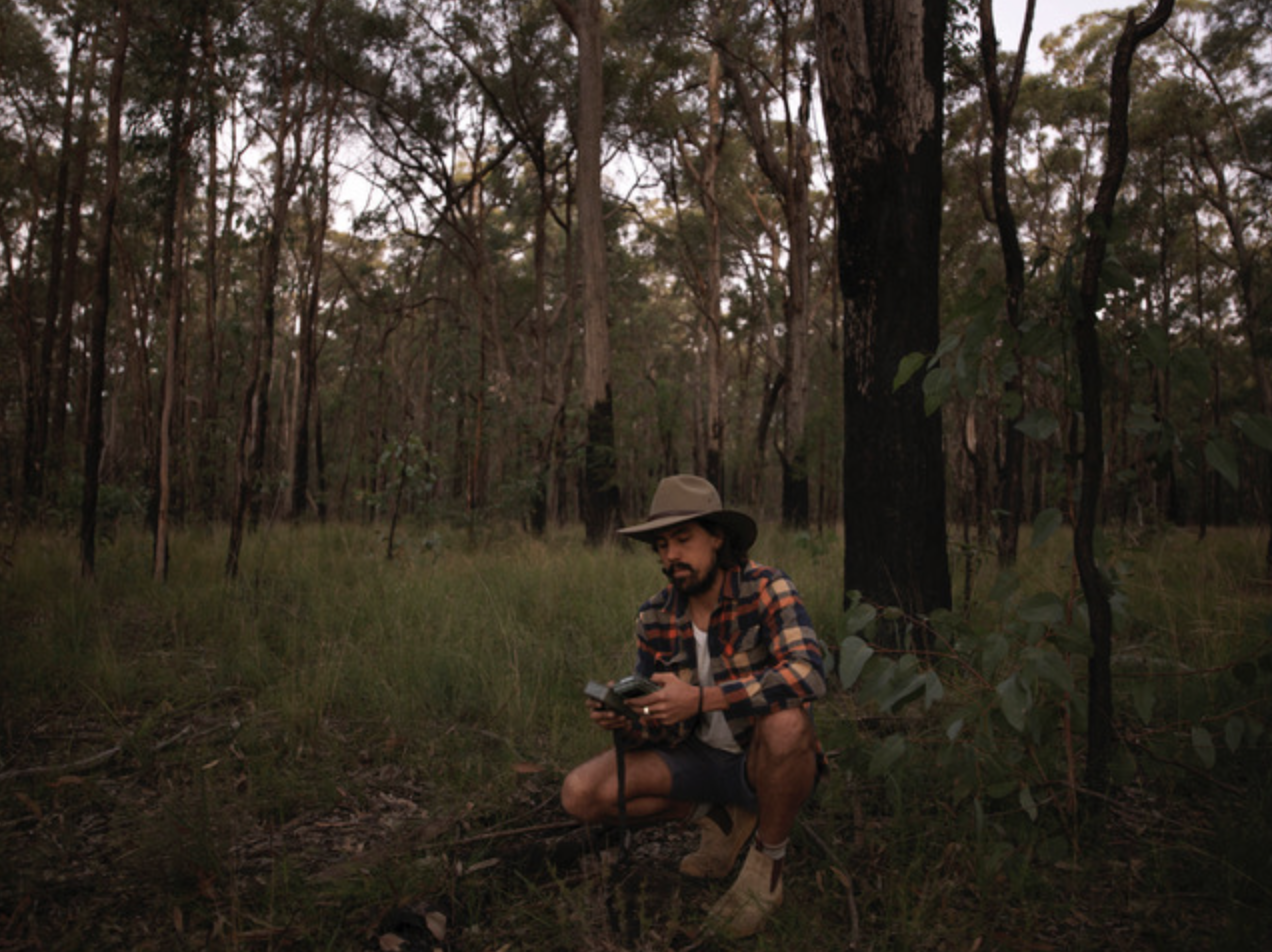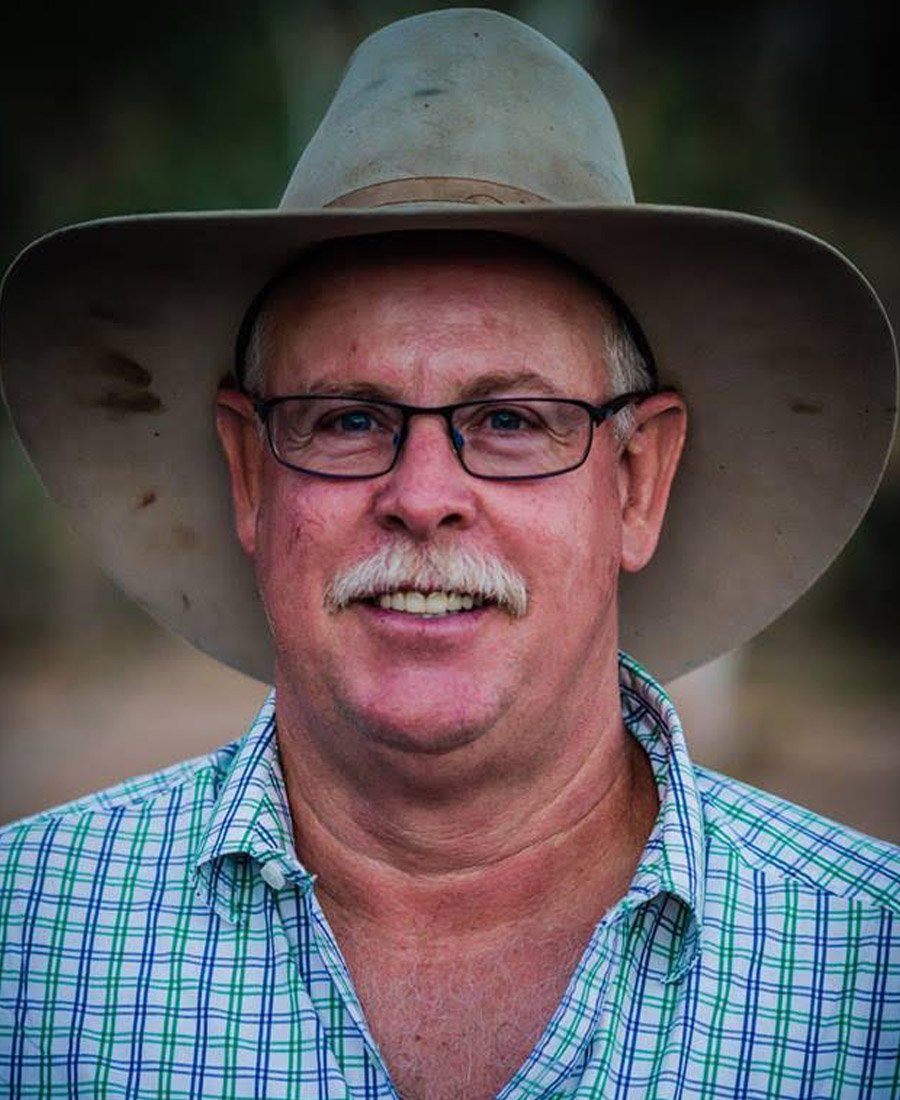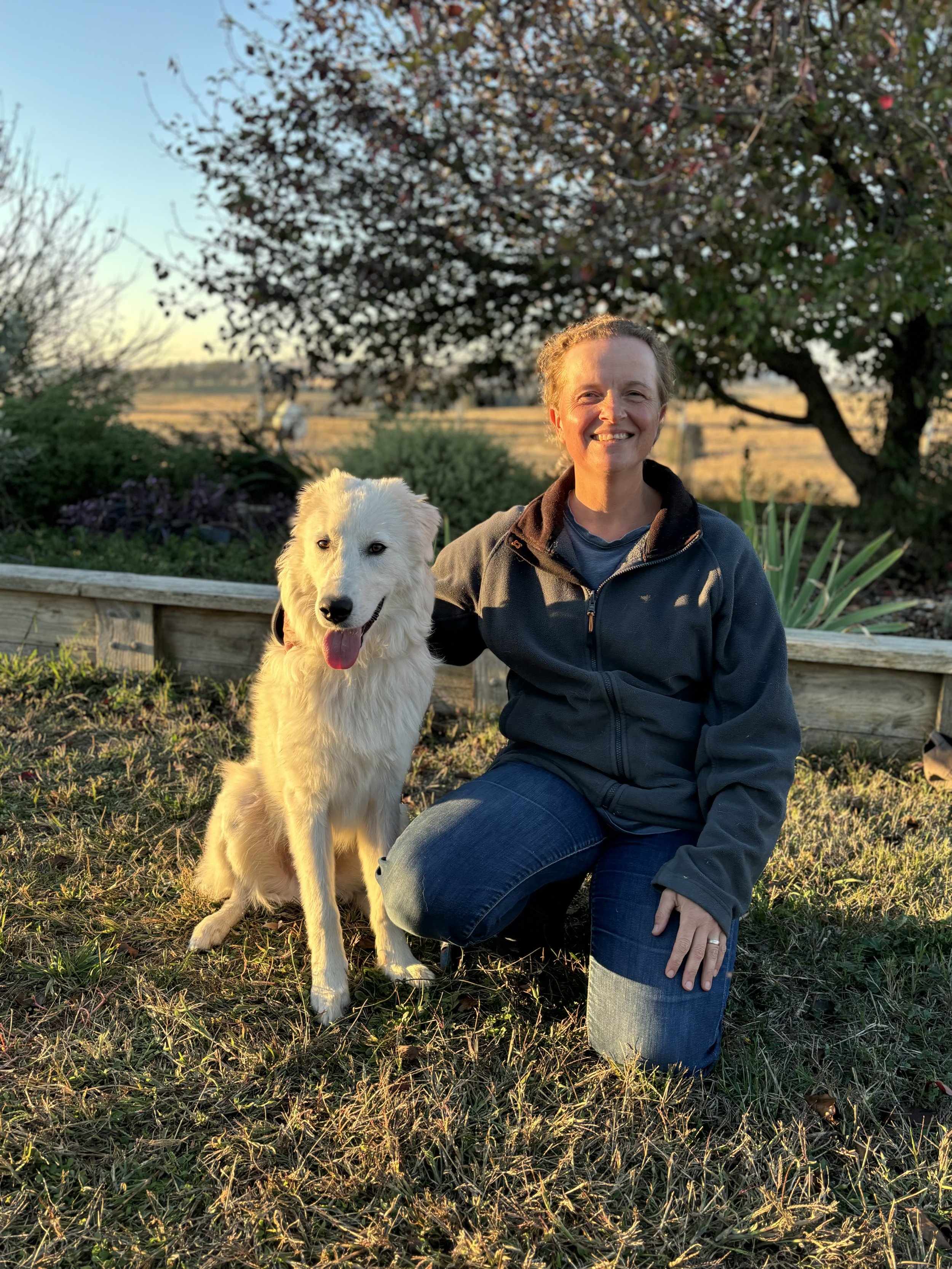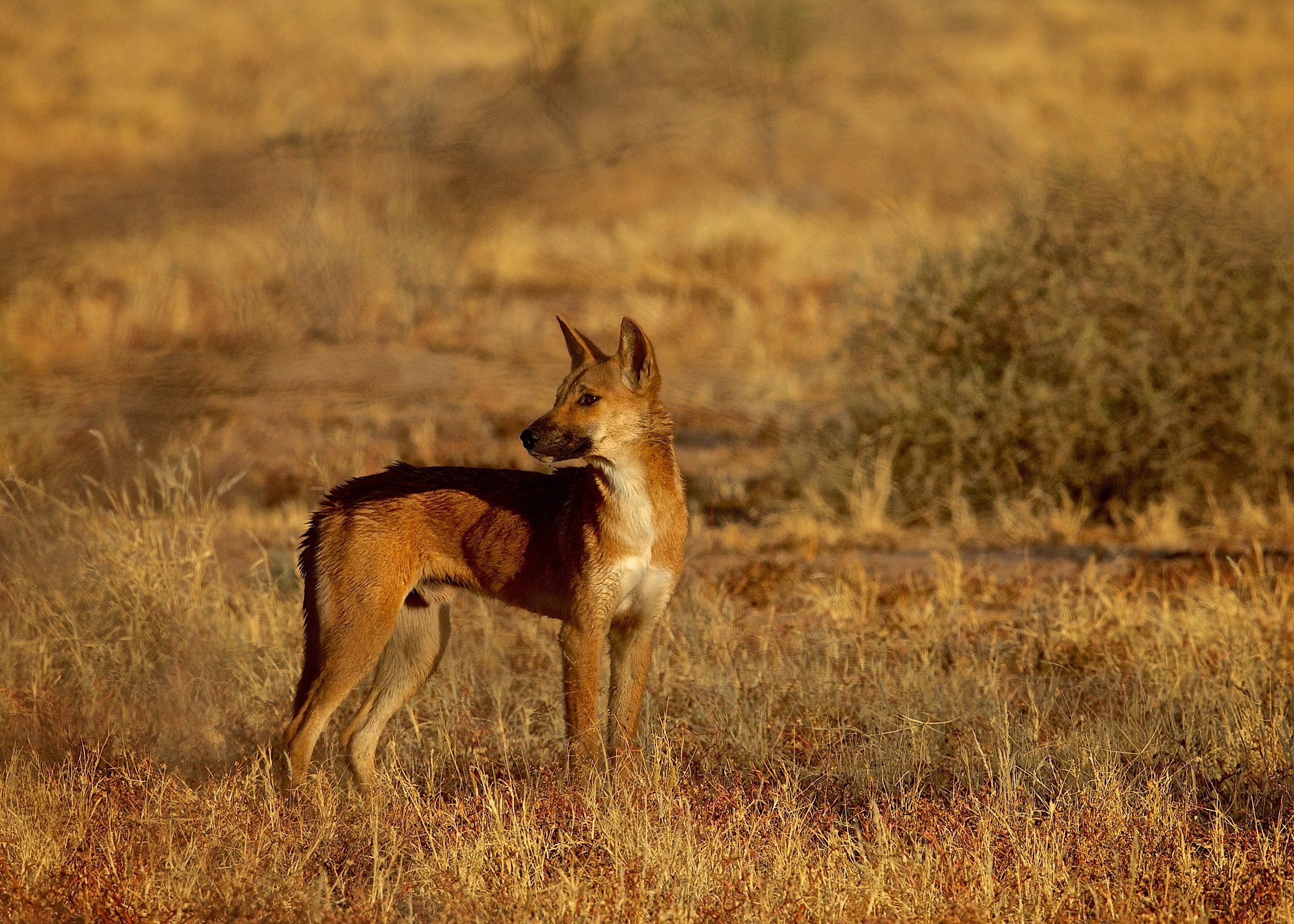
Who are we?
The Dingo Advisory Council is made up of experts in a range of fields relating to predator mitigation strategies, dingo ecology, behaviour and cultural significance. Our team has been carefully selected to ensure a broad variety of perspectives relating to the species are represented.
Image: Angus Emmott
Sonya Takau
Sonya Takau is a Jirrbal Rainforest Aboriginal woman living in Tully, Far North Queensland. The dingo is highly significant to Sonya and her family. To Sonya, the dingo is kin, and she has a cultural obligation to protect them from harm. As well as Sonya’s cultural ties to the dingo, she has a particular personal passion for the species and shares her home with an orphaned wild-dingo named Bina.
Sonya is the director of Dingo Culture, a platform dedicated to representing the Aboriginal perspective on the dingo, which has been drowned out for the past 233 years. Dingo Culture’s mission is to create legislative change to recognise and protect dingoes as culturally significant animals.
In 2023, Sonya played a key role in bringing about the first of its kind National Inaugural First Nations Dingo Forum, which brought together First Nations people from across the country to have their say on current dingo management across the country. At the conclusion of the forum a historic National First Nations Dingo Declaration was produced, which outlined the cultural significance of the dingo and called for a new, non-lethal, model - caring for Dingoes on Country.
Dr. Daniel Hunter
Daniel is a wildlife biologist with a particular expertise in dingo ecology. He spent four years unraveling the intricacies of the dingo’s role in Australian forest ecosystems as part of his PhD at the University of New South Wales. Daniel’s field work was conducted in the Greater Blue Mountains World Heritage Area and the forests of the mid-north coast of NSW. His findings have been published in leading international scientific journals including Biological Conservation, Mammal Review and Wildlife Research.
Daniel works as a wildlife cinematographer and has filmed sequences of dingoes for many different International broadcasters including the BBC 'Seven Worlds, One Planet', Apple TV+ 'Earth at Night in Colour’ and Netflix’s ‘Animal’. Filming dingoes in the wild has allowed Daniel to spend an unrivalled amount of time in the field observing wild dingoes and capturing some firsts including the first ever footage of dingoes hunting kangaroos in the wild.
Daniel’s mission is to raise awareness about the pivotal ecological and cultural role that dingoes play in Australia. Through his work, he aims to foster a deeper understanding and appreciation of these remarkable creatures and their vital place in our world.
Angus Emmott
Angus Emmott (OAM and Hon. MSc) grew up in the Queensland Channel Country on Noonbah Station. He has always had a deep interest in natural history, and has worked with universities and museums across the world.
In 2001, Angus and his wife Karen took over sole control and management of Noonbah Station. They sold the sheep and transitioned to a beef only enterprise. Following the sale of the sheep, dingoes were left to form family groups on the property. After a period of several years, this led to a significant reduction in kangaroo numbers and a major increase in pasture growth. The foxes disappeared and the cat numbers reduced to almost none. Angus continues to work around the issues of dingo management and advocates for a more nuanced approach using the best available knowledge.
His passion for the environment and conservation issues has translated to photography and writing – he has published a number of books, papers and articles. Angus has recently retired to the Atherton Tablelands in the Wet tropics, where he is now studying and photographing the wildlife of this amazing area.
Zeph Thomson
Zeph Thomson is a skilled and passionate dog and wildlife trainer based in the Northern Rivers area of New South Wales. Zeph has a decade of experience working with canines and has trained with a wide variety of different breeds. Zeph’s expertise has led them to run a highly successful dog training business K9 Academy, which has now been running for 7 years and boasts over 300 members.
As well as Zeph’s work with domestic dogs, they have significant experience working with wild-born and captive bred Australian dingoes too. In their time working with dingoes they have developed a deepened understanding of the species and how to work with them successfully.
Zeph also works professionally as a wildlife educator with a mission to increase community understanding and admiration of Australia's native wildlife, including the dingo. Through their work, Zeph hopes to inspire appreciation and admiration for the dingo, and the important role they play across Australian ecosystems.
Scott Mitchell
Scott Mitchell is the sole Director of ‘Mitchell Pest and Maintenance’ and is a highly skilled pest manager who has worked in the industry for 15 years. Over this time, Scott has worked in a range of communities across Queensland and New South Wales, and has a deep understanding on how dingoes can impact farming communities, as well as the consequences of removing dingoes from the environment.
Scott’s unique knowledge and experience has led him to realise a more extensive range of tools for predator mitigation are needed to balance the needs of farmers and the benefits of keeping dingo populations in the environment.
Scott has an unwavering passion for helping his community, refining his management practices and working with stakeholders to achieve positive outcomes.
Scott is driven by a desire to assist landholders to protect their livestock from predators, and to raise awareness on how healthy wild dingo populations can benefit overall production through improving pastures.
Dr. Linda van Bommel
Dr Linda van Bommel is an animal ecologist specialised in non-lethal predator control in general, and livestock guardian dogs in particular. She is affiliated with the University of Tasmania (UTas) and the Australian National University (ANU) and has been doing field research on livestock guardian dogs for over 15 years.
Her guardian dog research has covered a range of topics; from looking at the effectiveness of these dogs as a predator control method and how they work in Australian environments to their effect on non-predator wildlife and their use for the protection of native Australian animals that are threatened by fox and cat predation. The findings have all been published in leading international journals.
Linda has also written a best practice management manual for the use of livestock guardian dogs, aimed a providing practical information to people wanting to use these dogs. She has helped many people get started with guardian dogs and helped solve issues people encountered with their dogs.
Linda is currently still affiliated with UTas and the ANU and is analysing the data from her last guardian dog research project.
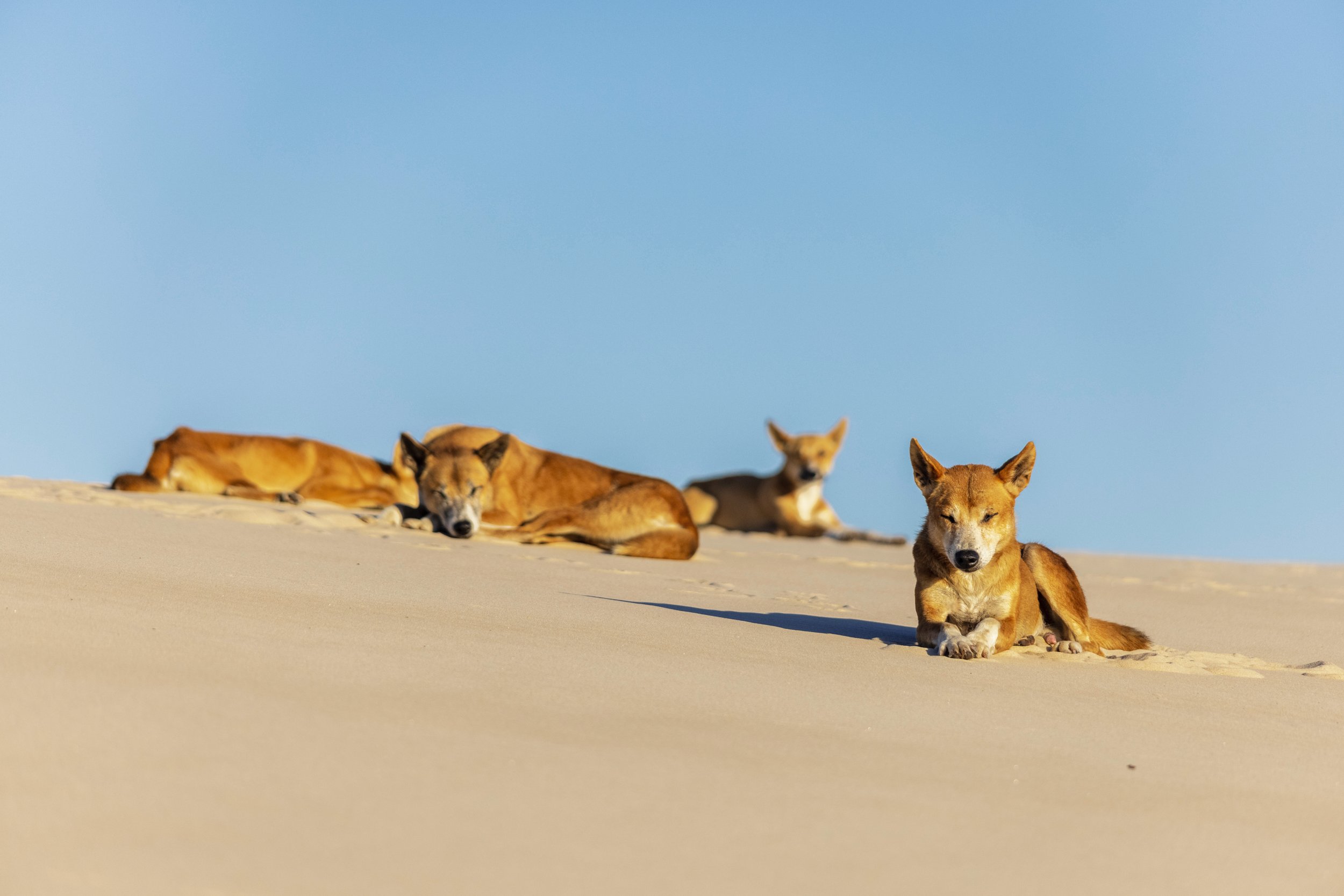
Healthy environments means thriving, productive communities.
Learn more about our services and resource package on predator mitigation strategies, dingo safety, ecology and cultural significance.


